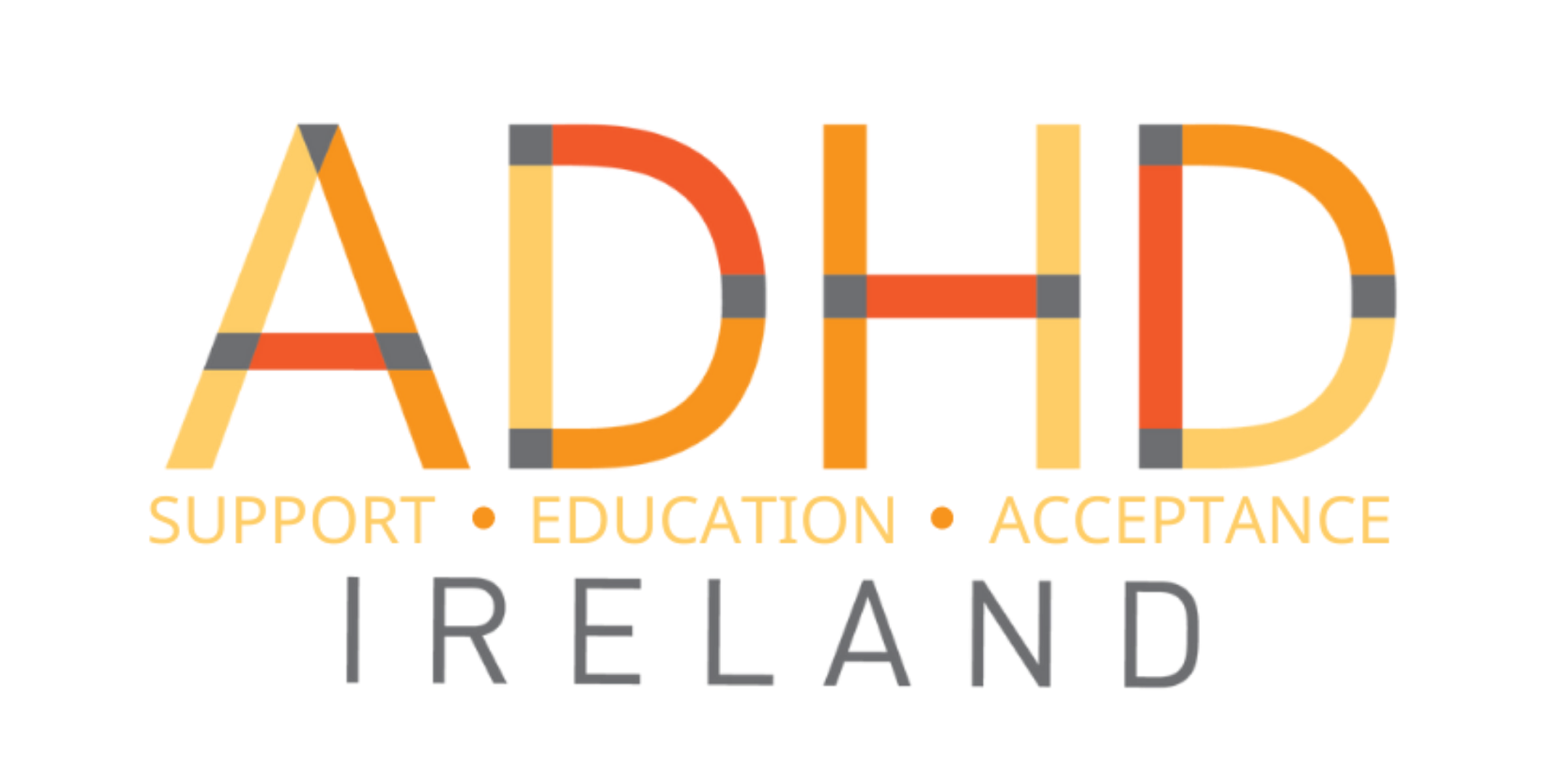The good news is that ADHD is extremely treatable! Indeed, it responds better to treatment than any other condition in children and adolescents. So, with the right kind of education, intervention, and supports the individual can go on to reach their full potential.
Common Treatment / Interventions:
- Educate the individual, family, and others (e.g., teachers)
- Medication
- Behaviour Therapy
- Parenting courses
- Coaching
- Speech and Language Therapy (SLT)
- Occupational Therapy (OT)
- Cognitive Behavioural Therapy (CBT)
- Talk Therapy (or psychotherapy)
- Educational Supports / interventions
- Support Group
Multi-modal Treatment:
ADHD affects many aspects of people’s lives and this means that children, adolescents, and adults often require a number of different types of treatment from a variety of different specialists. This is what we call multi-modal treatment, or many different types of treatment.
Before you start trying to identify what kinds of treatment you need, you first must have an assessment and diagnosis, by a trained and experienced professional. Remember that, similar to other conditions, the earlier the diagnosis and intervention, the better.
There are a wide range of specialists who can assist with treatment, such as social workers, occupational therapists, speech and language therapists, clinical psychologists, educational psychologists, psychotherapists, behavioural therapists, etc..
Education and Supports
Education for the person with ADHD (child or adult), in addition to their families (e.g., parents or spouse), and others supporting their needs (e.g., teacher or employer) about ADHD, what the condition is (and is not), and how to accommodate someone with ADHD.
Getting support, whether you are an adult, parent, spouse, friend, teacher, etc. is critically important. Joining a support group such as ADHD Ireland, reading books, and working together with others (e.g., teaching staff and carers) are all part of making life easier for the individual and/or the family living with and coping with the effects of ADHD.
We operate a phone line and email service providing information, advice and support to people with ADHD, their families, carers, teachers and medical practitioners.
We also produce publications about ADHD and distribute information and resources to people who need them and hold information evenings, workshops and events throughout the year.
We run Parenting Courses and Solution Focussed Brief Therapy Courses for young people.
Join our mailing list to be kept up to date with these events
Medication
Another commonly used treatment is medication.
Medication is not automatically prescribed to all people with ADHD/ADD. There is no quick fix for ADHD/ADD and what suits some people and works well for them may not suit others.
There are several medical examinations (e.g., blood pressure) which may be included in the consultation process, to ensure that there are no underlying medical conditions which the medications adversely affect.
PLEASE BE AWARE – If you receive an ADHD report from a psychologist and wish to take medication, you will have to be re-diagnosed by your GP or psychiatrist. You will not be able to use your psychologist report to acquire medication.
Combination Treatments
Remember if you do chose to use medication, it must only represent one aspect of a multi-modal approach to intervention for the young person or adult with ADHD.
Research suggests that non-medical interventions alone may be relatively ineffective. However, when used in combination with medication the benefits, both in the short and long term, are said to increase.
For example, the US – based study, Multimodal Treatment Study for Children with ADD/ADHD (1999) and associated behavioural problems, found that the most effective treatment is a combination of medication and behavioural treatments, with behavioural interventions occurring in the home and the school setting. In addition, Young (2012) reported that combination treatments consistently showed greater results, than either (medial or non-medical) alone.
How Do the Treatments Work?
The most common types of medication prescribed for the treatment of the symptoms of ADHD include methylphenidate (stimulant) and non-methylphenidate (non-stimulant) forms, and if successful, they will enhance an inattentive person’s natural abilities.
Methylphenidate (stimulant) works by affecting the brain’s natural chemicals (e.g., dopamine and noradrenaline) which are found to be underactive in people with ADHD. In contrast, Atomoxatine (non-methylphenidate) affects different brain chemicals (e.g., norepinephrine). These brain chemicals are responsible for regions of the brain which control attention and behaviour. While no one can say for certain, it is believed that medication increases the activation of these underactive brain regions.
Only parents and their doctor are in a position to make a call on whether a young person with ADD/ADHD should be medicated. It is not a decision taken lightly by parents, and it is important to realise that most parents have probably struggled with this decision. If you are considering medication for your son/daughter it is essential that you discuss this fully with your GP, psychiatrist, or other specialist.
We recommend you make a list if you have any worries/concerns about medication or behavioural management and discuss them at the time of your consultation with the medical team.
